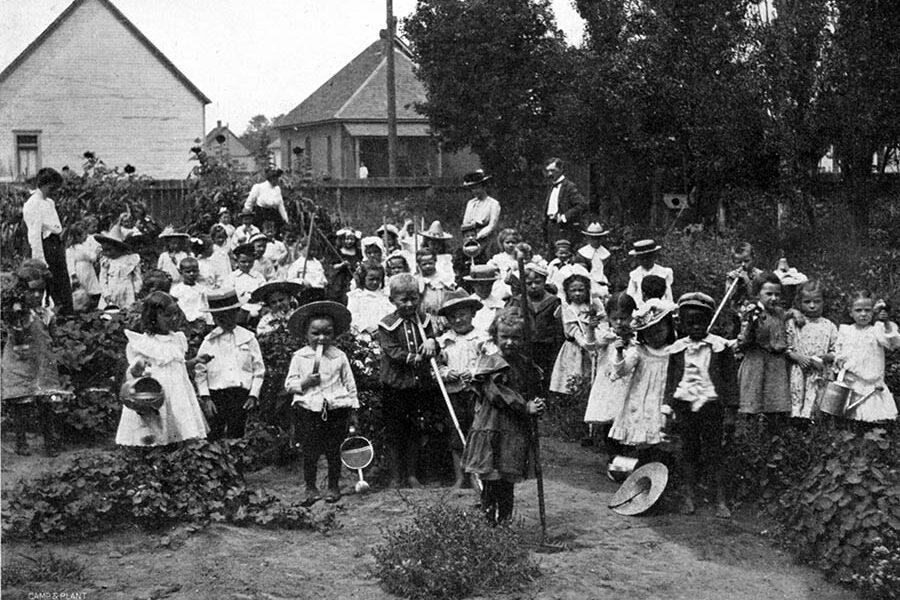
New gardens will sprout soon in south Pueblo’s Colorado Smelter Superfund site. It’s an area where toxic lead- and arsenic-contaminated soil is being removed from hundreds of properties.
A $50,000 grant from the Environmental Protection Agency is funding a project to help people grow their own food by building 25 raised bed gardens at area homes and giving residents the knowledge, tools and materials for successful harvests. A demonstration garden will be constructed at the Steelworks Center of the West.
Executive Director Christina Trujillo said the project hearkens back to a historical legacy of teaching life skills to steelworkers, coal miners and their families.
"[It brings] back some of those practices into modern society and how they can best benefit the overall community that we’re targeting,” she said, adding that this type of education will help revitalize the neighborhoods affected by the Superfund.
“Being able to carry out those traditions possibly with their children, their grandchildren, their neighbors, it's exciting to be able to see something like this come about that will really bring our community together in a cohesive collaborative type of environment,” Trujillo said.
Pueblo Food Project coordinator Monique Marez is one of the project organizers. She said they’ll be offering programs in both Spanish and English, “to use this as a platform for community conversation around improving food access and health outcomes and community resilience in this neighborhood that has been troubled with some of these environmental contamination issues.”
Marez said the project will accomplish many things.
“It brings self-sufficiency. It brings pride. It brings community resilience and all of those really wonderful positive things that folks just weren't given the opportunity to [do] because of the contamination,” she said.
Plans are also in the works to fill three positions: a community connector to encourage participation, a garden designer, and someone to develop the educational component.
Project organizers plan to have the new gardens ready to sow this growing season.









